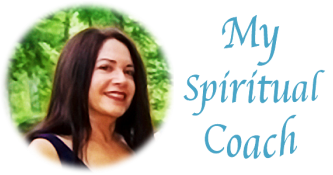Humans think that achieving tangible outcomes matters. Or we may think spirituality will ensure our comfortable place in the afterlife. Spiritual enlightenment has nothing to do with our getting things, getting things done, or ensuring our survival.
Humans have been producing tangible outcomes for centuries. In the process of all this activity and getting things done, we have destroyed each other and huge sections of the planet. We think getting things done is progress and it will be profitable too. For example, the highway systems that cross the world now. They are great conveniences for getting things done. But what has happened to all the forests and farmlands, mountains that had been blasted through? They will never be the same again as we continue to pave the land and use it to get things done.
The byproducts of these progressive highways are pileups, traffic jams, gruesome fatalities, shredded nerves, road rage, self righteousness and condemnation of other drivers.
Enlightenment does no harm. It does not transform matter into other forms of matter. It acknowledges the background that is always there from which all the physical manifestations emerge and into which they disappear. It is a peaceful state that remains, even if on the surface our emotions have been ruffled.
The only purpose of enlightenment is to relieve human suffering. That is how the Buddha defined enlightenment: The end of suffering. If we want to go through life kicking and screaming, resisting what is and being ungrateful for its multifaceted magnificence, be my guest. But if we need to enjoy life, spiritual enlightenment is the way to go because it is based on eternity. It cannot be destroyed while all else passes away.

 RSS Feed
RSS Feed